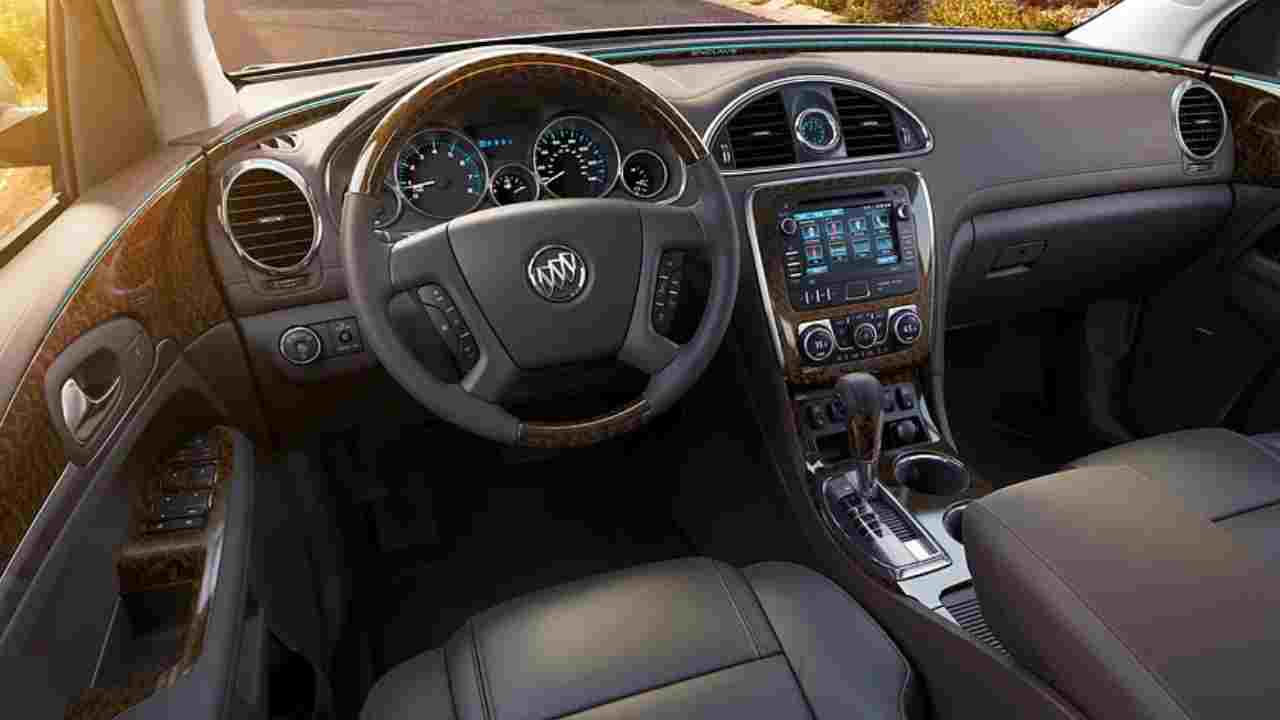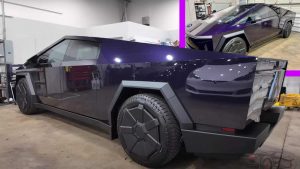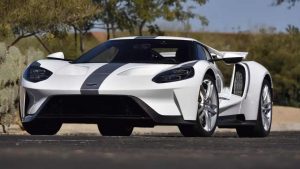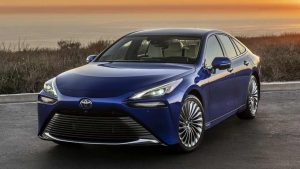NHTSA holds public hearing to decide on recall of 52 million airbag inflators amidst opposition

US regulators push for recall despite airbag manufacturers’ opposition, public hearing ongoing until December 4
The National Highway Traffic Safety Administration (NHTSA) has commenced a public hearing to determine whether 52 million airbag inflators produced by ARC Automotive and Delphi should be subject to recall. Despite strong opposition from the airbag manufacturers, US regulators are advocating for the recall.
ARC Automotive’s Vice President, Stephen Gold, argued that the seven incidents associated with the inflators were “isolated” and not indicative of a systemic defect. He expressed concerns that the low threshold for triggering a recall (seven incidents out of 52 million vehicles) could have profound consequences for the automotive industry.
The airbag inflators in question are susceptible to rupturing, posing a risk of ejecting metal debris into the vehicle cabin. Jacob Tarvis, the son of Marlene Beaudoin, who tragically lost her life in 2021 due to a ruptured inflator, appealed to the NHTSA for a recall, emphasizing the magnitude of suffering caused by not recalling the inflators.
In defense of its stance, the NHTSA contends that the potential consequences of inflator ruptures, despite their low likelihood, are severe and dangerous. The agency had initially issued a letter in May calling for a voluntary recall, but this request was rejected by the airbag manufacturer.
General Motors (GM) was prompted to recall nearly a million vehicles, including 2014 to 2017 model year Buick Enclave, Chevrolet Traverse, and GMC Acadia, in response to the NHTSA’s letter. GM argued that the evidence and data provided by the NHTSA did not establish a basis for a recall at that time.
A total of 12 vehicle manufacturers are potentially involved in the recall, including BMW, Ford, General Motors, Hyundai, Kia, Maserati, Mercedes-Benz, Porsche, Stellantis, Tesla, Toyota, and Volkswagen.
The public hearing will continue until December 4, after which the NHTSA will make a decision. This deliberation could potentially lead to one of the largest recalls in US history, reminiscent of the Takata airbag recall, where a Japanese auto parts company agreed to pay $1 billion in fines after filing for bankruptcy in 2017 due to faulty airbags.





